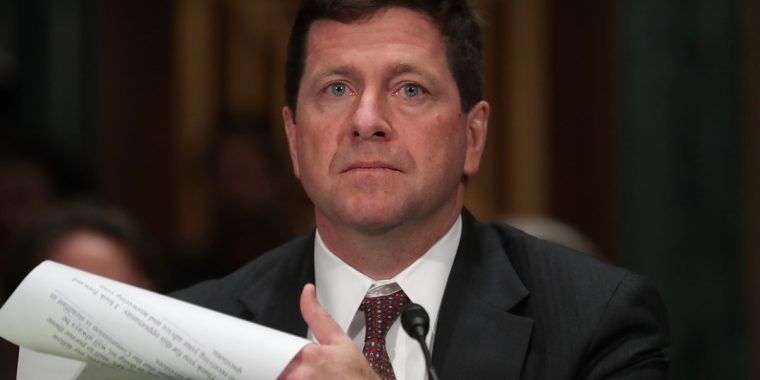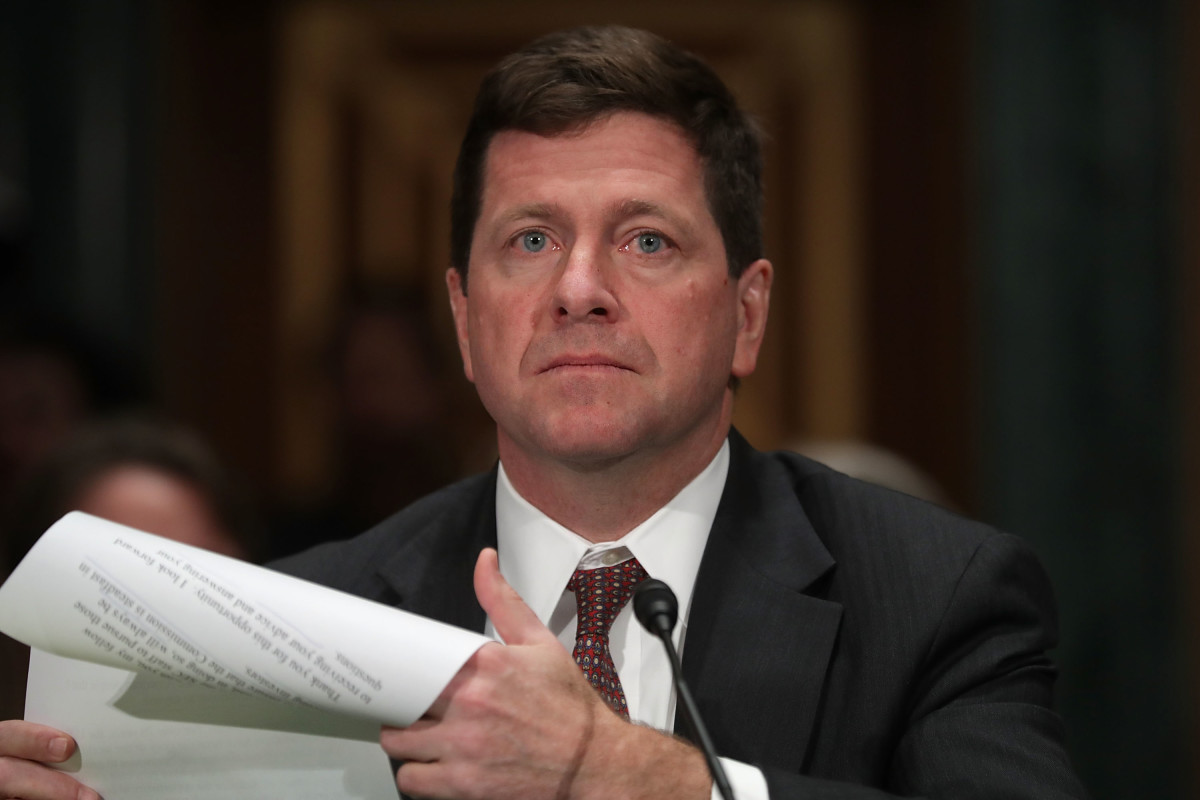Today marks the start of the 2020 annual conference of the American Association of Law Libraries, which runs through Friday. As the AALL’s first virtual conference, it is a much different event in a much different time for an organization that is facing a much different future.
Recent years have seen an unprecedented surge in the use of technology and artificial intelligence within the legal profession, and the betting money says the pandemic will only further accelerate that surge. With that comes both opportunities and challenges for law libraries.
New AI products purport to do the work of the legal researcher. At some firms, bots field lawyers’ help-desk questions. Legal research companies have even taken to anthropomorphizing their products with human names such as CARA (from Casetext), EVA (from ROSS Intelligence) and Vincent (from vLex).
As technology and AI push the boundaries of legal research and knowledge management, some may wonder, “Is the future of the law librarian threatened by a robot revolution?”
In fact, just the opposite is true. Technology will not diminish the role of the information professional. Rather, never has the role of the legal-information professional been more essential.
Last year, I contributed a chapter to Law Librarianship in the Age of AI, a book published by the American Library Association. In my chapter, on the future of AI in law libraries, I described what I see as four roles of law librarians that exist already and that will become more essential as technology evolves.
Librarian As Gatekeeper
Already, law librarians’ evolving roles require them to wear a variety of hats. Increasingly, one of those is legal technologist. These days, one can hardly be an information professional without also becoming a technology professional because the two disciplines overlap in almost every way. For that reason, law librarians have begun to fill the role of technology gatekeeper within their firms and organizations.
I hear this repeatedly from the vendors who sell to firms. Law librarians get it. They understand the importance of technology in advancing the legal profession, and they are more likely than other legal professionals to understand the mechanics of technology, to be able to get under the hood and size up whether a product is what it claims to be.
We see this at law firms, where law librarians are often the screeners for new technology, helping to vet and evaluate products before their firms plunk down precious dollars. We see this at law schools, where law librarians are often at the forefront of pushing for teaching and program initiatives in technology innovation and competence. We see this in court systems and government agencies, where law librarians are often helping to lead the charge for expanding access to justice.
In this way, librarians play an indispensable role in the legal profession. They are the gatekeepers. They are, if you will, the technology police. They have the skill and the savvy to scrutinize vendors’ claims and make sure the reality comports with the marketing. In this way, librarians — maybe more so than any other role in the legal profession — are critical to keeping the industry honest.
Librarian As Guide
While law librarians already play a critical role in evaluating and selecting technologies, their role will extend well beyond selecting systems. They will also be called upon to facilitate the use of AI within their organizations through the training of lawyers and law students and by continuing the evaluation of AI systems and their use.
As librarians Mary Ann Neary and Sherry Xin Chen of Boston College Law School write in their 2017 paper, “Artificial Intelligence: Legal Research and Law Librarians,” law librarians are well suited to this role. “Librarians, aware of what results can optimally be retrieved by a particular search, can gauge the gaps or weaknesses in an AI system by evaluating search results.”
Beyond training others in the use of AI systems, law librarians could also have a direct role in training and refining the machine learning systems in use at an organization, Neary and Chen said. “Law librarians, as information professionals with a unique understanding of users’ search habits, goals, and available data, can help the institution tailor the application and maximize the benefits of the AI system.”
In their 2018 article, “Putting Artificial Intelligence to Work in Law Firms,” Ed Walters, Fastcase CEO, and Morgan Wright, product manager at Fastcase, argued that in addition to training third-party AI systems, law librarians will also have a role — perhaps the lead role — in building systems internally. “Who will be the makers in this new era of read/write artificial intelligence? It would be natural for the law firms’ experts in legal information, law librarians, to have the central role.”
If lawyers do not have the skills or understanding they need to use the ever-widening array of AI-driven services and tools available to them, they cannot practice effectively, now or a decade from now. In the future, the role of law librarian in training lawyers, associates, and law students will be as important as it ever was — maybe more so.
Librarian As Ethicist
Evolving ethical expectations around lawyers’ understanding and use of technology, including AI, pose potential pitfalls for legal professionals. Librarians in the future will serve a valuable role as members of legal teams in helping lawyers navigate new technologies and the ethical requirements surrounding those technologies.
This role is particularly critical in light of ABA Model Rule 1.1, Comment 8, the so-called duty of technology competence, which 38 states have formally adopted. This duty places on obligation on lawyers to evaluate and manage the technologies at issue in the matters they handle.
But for the lawyer who lacks competence in a specific technology, the duty creates a catch-22. One cannot manage what one does not understand. This can be particularly challenging in the case of AI technology, which can be difficult to understand even for the more tech-savvy among us.
Here is where the law librarian is and will continue to be particularly valuable. As professionals trained in both law and systems, librarians will increasingly be essential members of technology-driven legal teams, helping lawyers understand the ethical obligations implicated in certain technologies, and then helping lawyers understand best practices in selecting and deploying those technologies.
Librarians, uniquely among legal professionals, have knowledge and skills that span law, practice, and technology. Likewise, the issues raised by the duty of technology competence span law, practice, and technology. In helping lawyers understand their duties and obligations regarding technology, while also helping them understand the capabilities and limits of the technology itself, librarians increasingly will become essential members of legal teams.
Librarian As Interpreter
Something we too often forget about AI is that it is not actually intelligent. It is the application of mathematical algorithms to data. Who creates algorithms? Humans. And just as humans have flaws and biases, so do algorithms.
But because algorithms are often proprietary, consumers are not privy to the biases within them or even aware of the ways in which those biases might skew results. This is one of the great dangers of AI and the reason that AI needs an interpreter. In the legal profession, no one is better situated to serve that role than the law librarian.
Algorithmic biases can manifest themselves in various ways. In his 2016 article, “The Digital Future of the Oldest Information Profession,” Ray Worthy Campbell, professor of law at Peking University School of Transnational Law, described the potential dangers of hidden biases in products used by corporations offering legal services.
“A product relying on Big Data analysis and statistical correlation might give different advice in response to a criminal charge if race or income were a variable, embedding, unknown to the consumer, historic biases in the information given,” Campbell wrote. “With the algorithm hidden, the bias would be, as a practical matter, undetectable.”
More subtle but also significant are the algorithmic biases attached to different legal research platforms. I’ve written here before about the research in this area done by Susan Nevelow Mart, director of the law library and professor at the University of Colorado Law School.
Mart studied how hidden biases and assumptions affect the results provided by several major legal research providers. The results of her study, which she published in the paper, “The Algorithm as a Human Artifact: Implications for Legal {Re} Search,” found wide variances among in the results returned by the different services. Remarkably, she found that there is hardly any overlap in the cases that appear in the top 10 results returned by each database.
Mart’s research demonstrates why it is important for legal researchers to have at least some understanding of the biases inherent in different systems and not to limit their research to any single system. Beyond that, Mart said she believes we should all challenge legal research companies to be much more transparent about the biases in their algorithms.
Whether in legal research or in legal products more generally, wider adoption of AI will require diligence, scrutiny, and oversight by someone who has the capability to understand the underlying technology and who knows the questions that need to be asked — an interpreter, if you will, of the language of AI. No one in the legal profession is better prepared and trained for this role than the law librarian.
So, no, robots are not coming for law librarians’ jobs. Rather, to see the future of law librarians, we need only look to the essential roles they already serve today. As the pace of technology development and adoption accelerates in the legal profession, the multifaceted role of the law librarian will only accelerate along with it.
Robert Ambrogi is a Massachusetts lawyer and journalist who has been covering legal technology and the web for more than 20 years, primarily through his blog LawSites.com. Former editor-in-chief of several legal newspapers, he is a fellow of the College of Law Practice Management and an inaugural Fastcase 50 honoree. He can be reached by email at ambrogi@gmail.com, and you can follow him on Twitter (@BobAmbrogi).
is a Massachusetts lawyer and journalist who has been covering legal technology and the web for more than 20 years, primarily through his blog LawSites.com. Former editor-in-chief of several legal newspapers, he is a fellow of the College of Law Practice Management and an inaugural Fastcase 50 honoree. He can be reached by email at ambrogi@gmail.com, and you can follow him on Twitter (@BobAmbrogi).
 Jordan Rothman is a partner of The Rothman Law Firm, a full-service New York and New Jersey law firm. He is also the founder of Student Debt Diaries, a website discussing how he paid off his student loans. You can reach Jordan through email at jordan@rothmanlawyer.com.
Jordan Rothman is a partner of The Rothman Law Firm, a full-service New York and New Jersey law firm. He is also the founder of Student Debt Diaries, a website discussing how he paid off his student loans. You can reach Jordan through email at jordan@rothmanlawyer.com.







 Olga V. Mack is the CEO of
Olga V. Mack is the CEO of 





